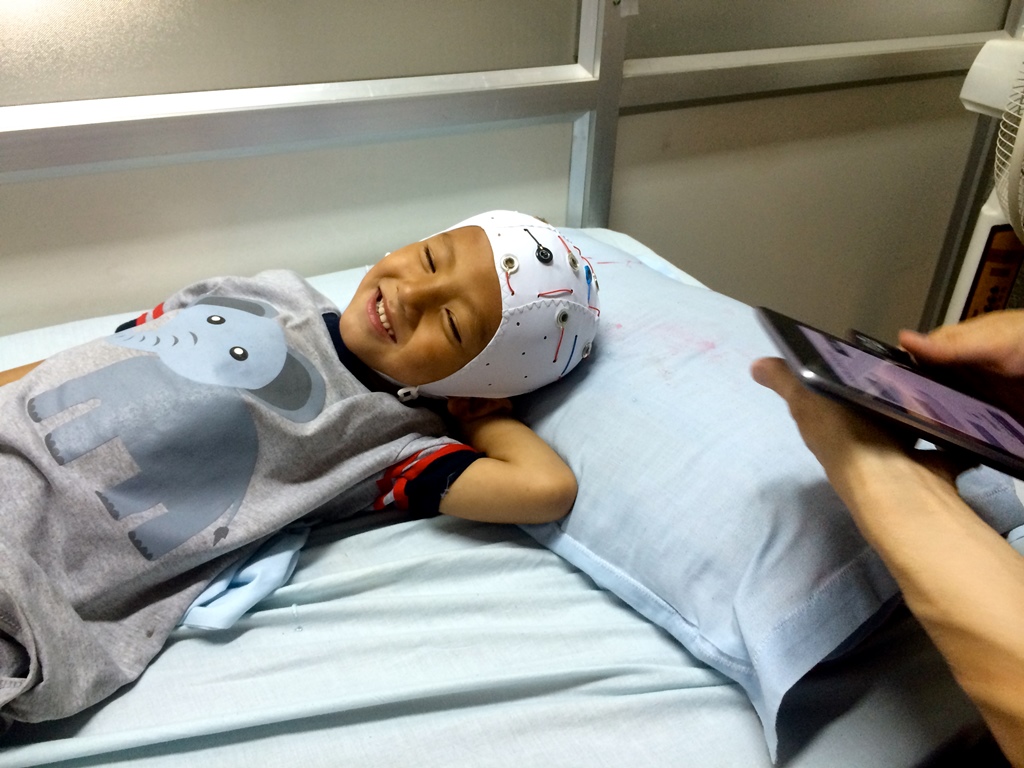
Walk the streets of Thimphu, the capital of Bhutan, and you will encounter Buddhist monks draped in floor-length red and orange robes, chatting away with ears pressed to cellphones.


Walk the streets of Thimphu, the capital of Bhutan, and you will encounter Buddhist monks draped in floor-length red and orange robes, chatting away with ears pressed to cellphones.
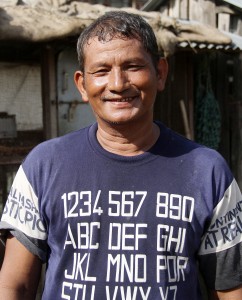
Although Practical Action’s innovative rice duck farming is in its early days, we believe the innovation will benefit more farmers financially in the future.
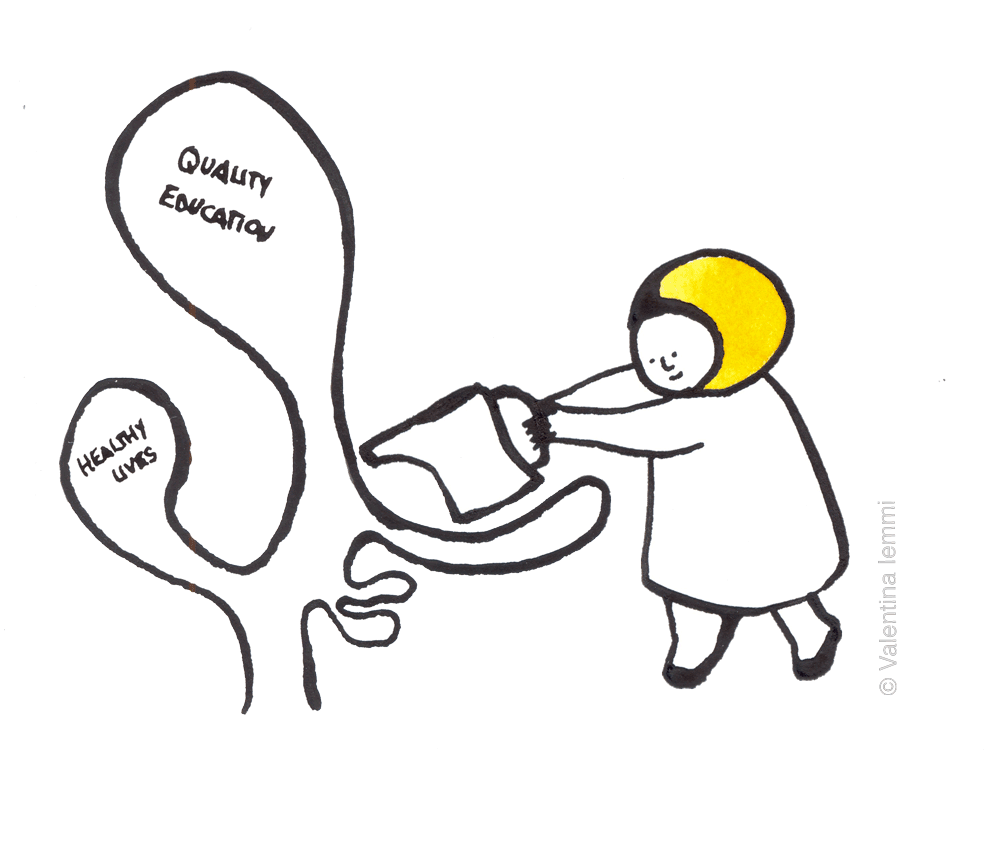
Ananda Galappatti is a medical anthropologist who has worked primarily with mental health and community services in the context of conflict, disaster and poverty in Sri Lanka. He is currently Director of Strategy at The Good Practice Group and an advisory board member of the Mental Health Innovation Network. His project in Sri Lanka received a […]
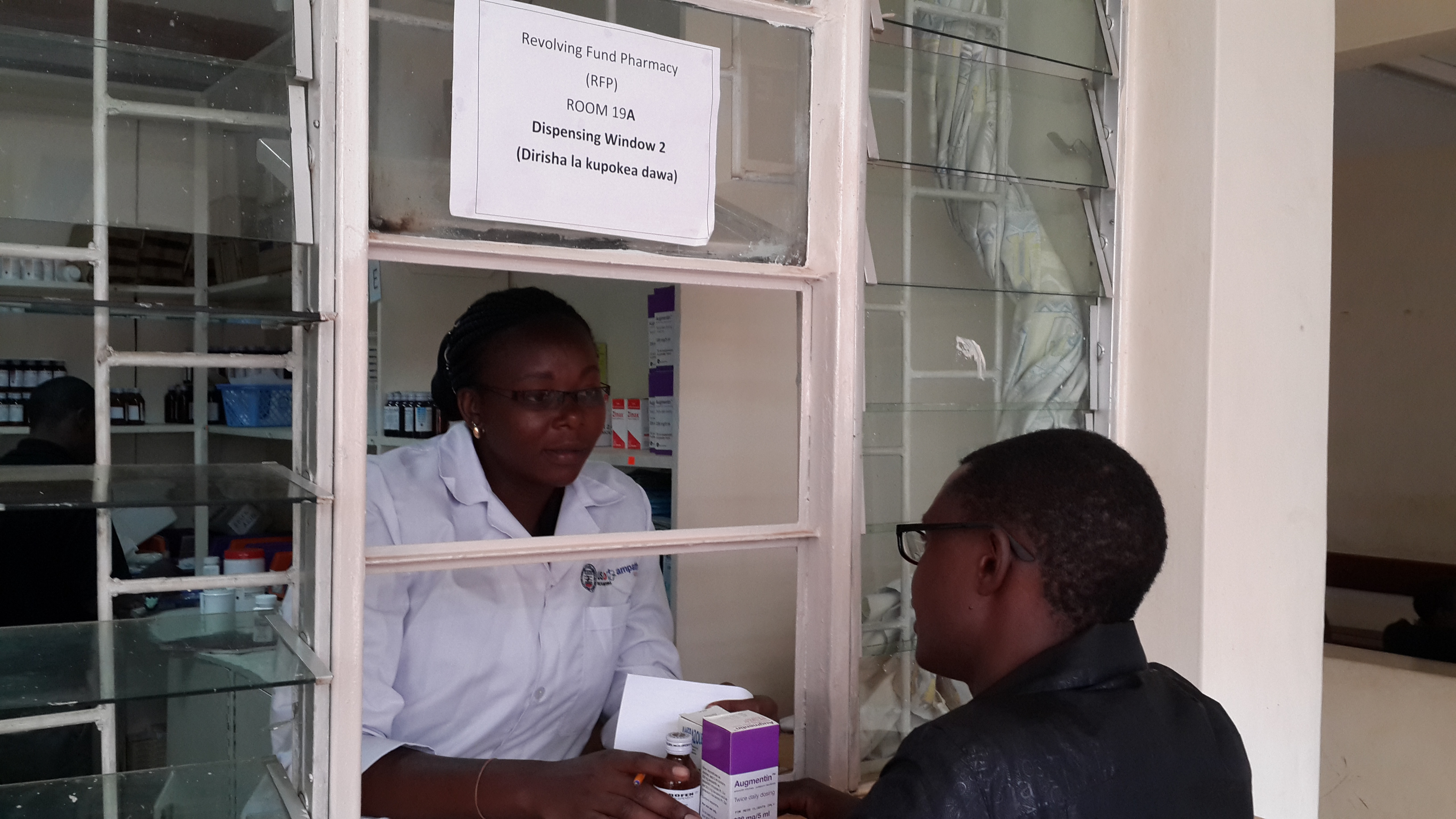
Imran Manji is a Clinical Pharmacist at USAID-AMPATH and an Adjunct Assistant Professor at the Purdue University College of Pharmacy. Based in Eldoret, Kenya, he graduated from the University of Nairobi in 2006 and joined the Moi Teaching and Referral Hospital, one of the partner institutions of AMPATH, in 2008. He oversees the pharmacy activities […]
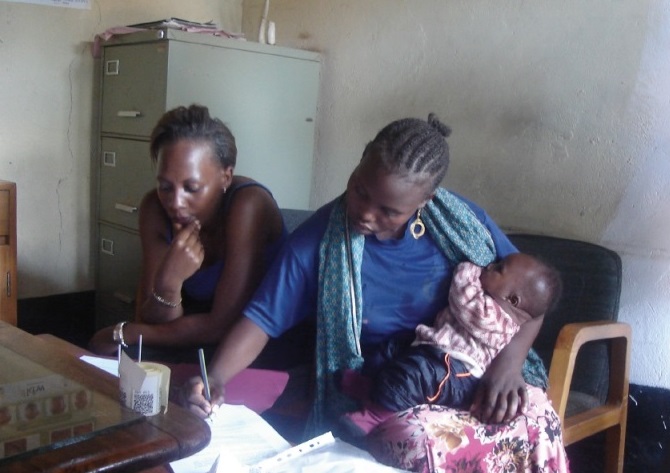
Dr. Benson Wamalwa is a research scientist at the University of Nairobi in Kenya. He is the recipient of a Grand Challenges Canada seed grant in the Stars in Global Health program. In rural Kenyan communities, many mothers are unable to have their children fully immunized. The remoteness of their homes means that reaching the […]
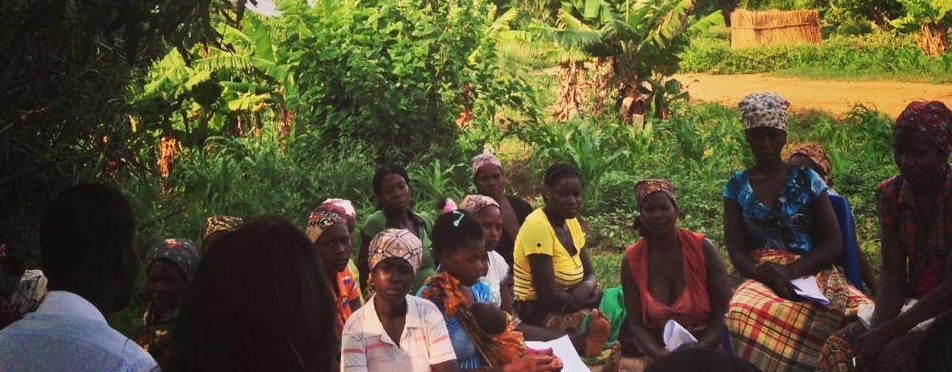
Maternal health is a global responsibility and it begins with a woman’s local community. In the medical literature, maternal health has been confined to a woman’s clinical characteristics like her age, weight, ethnicity and medical conditions. While these are important for her overall health and prognosis in pregnancy, the broader context that she lives in is just as critical.
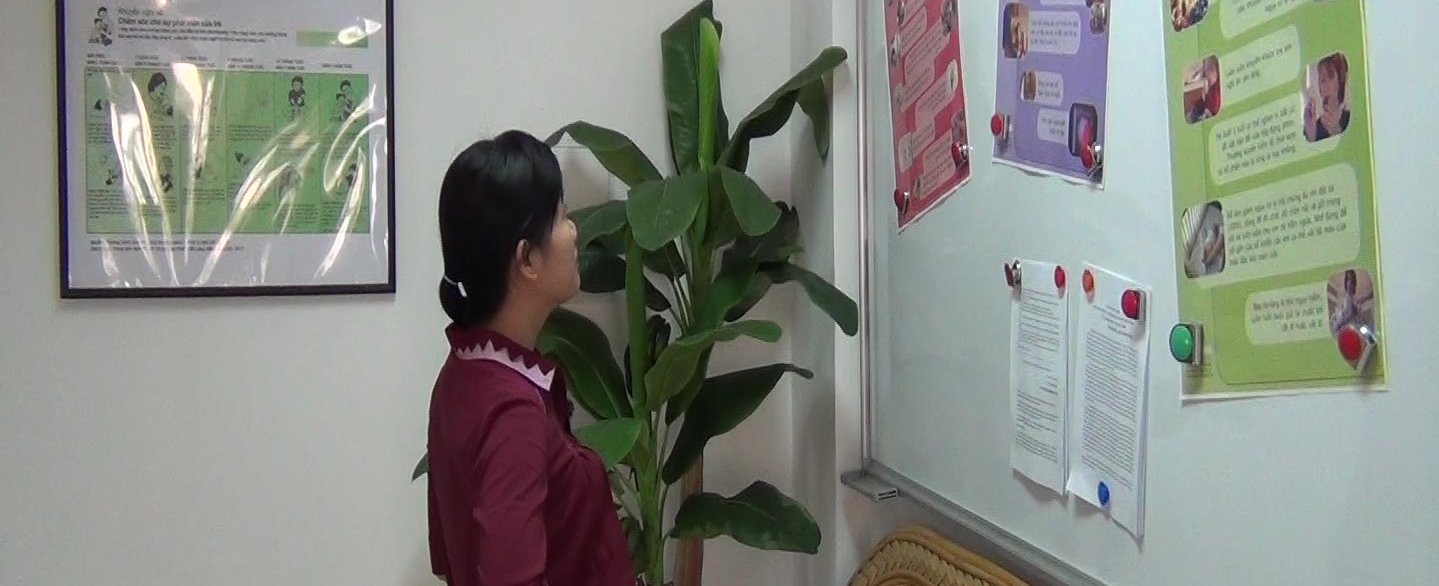
Mother’s Day, celebrated internationally, reminds us of the inestimable social contribution that women make to the world as they care for their fetuses, newborns, infants and young children. Most mothers are living in the world’s resource constrained low- and lower-middle income countries. Many are experiencing crowded housing; lack of access to healthcare, clean water and sanitation; food insecurity and exposure to gender-based violence while caring for their children.
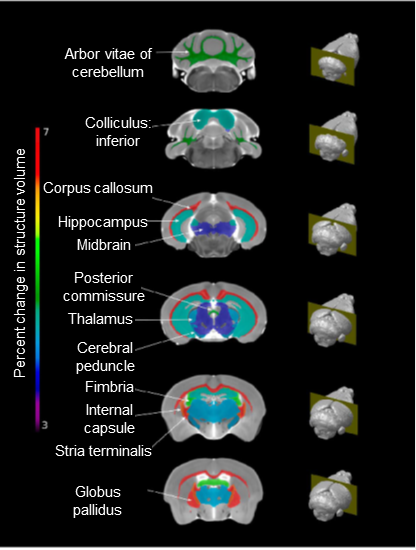
On World Malaria Day I would like to celebrate the successes of the global efforts to control and eliminate malaria that have significantly reduced malaria mortality worldwide. I would also like to note that despite all these great efforts, well over half a million people, mostly children under the age of 5, died of the disease last year. This is an unacceptably high number.
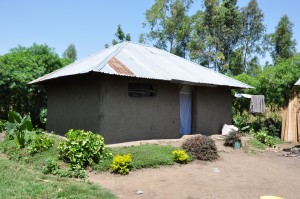
Grand Challenges Canada supports 40 innovations addressing malaria in the developing world.
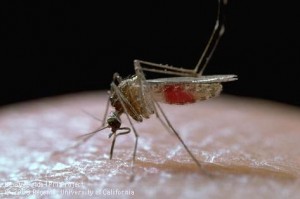
April 7 is the World Health Day, themed Small bites; Big threats, highlighting vector-borne diseases. Grand Challenges Canada, which is funded by the Government of Canada, joins other global organizations in commemorating this day by highlighting its projects aimed at raising awareness about the threats posed by insect and arthropod vectors, as well as the protozoa, bacteria, viruses, and parasites they carry, collectively known as vector-borne diseases (VBD’s) .